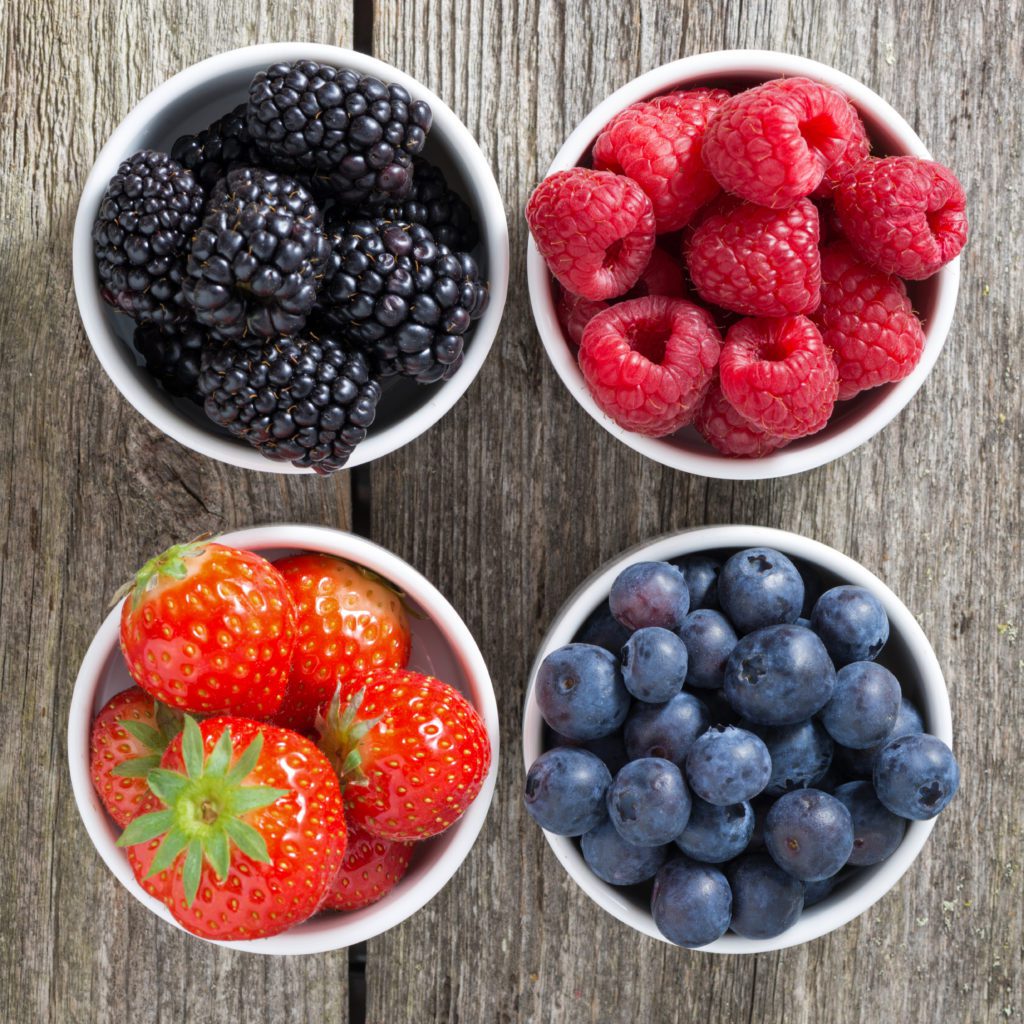The new year nutrition detox: New habits
This year, rather than set resolutions that won't last to March, try incorporating some new habits to elevate performance, improve health and boost productivity

— by Pip Taylor
The new year is typically a time when most of us set new goals for the coming year and dietary changes are often top of the list. While some resolutions can feel like a token effort, simply because it is that time of the year, others are set with the most genuine of intentions. And yet most fail, particularly on the dietary front when surrounded by ongoing holiday indulgences, the leftovers of festive cheer and a lack of upcoming races to provide motivation and immediacy.
Related: New Year, New You!
So this year, rather than set resolutions that won’t stick, try incorporating some new habits to elevate performance, improve health and boost productivity.
Know your numbers: Ditch the calorie count, which can be frustrating, difficult and unreliable. Instead make a habit of tracking (even just mentally) how many servings of vegetables and fruits you get in each day. Try and hit five or more vegetable servings and two to three for fruit. Whole, fresh, nutrient-dense foods will supply an array of nutrients (micronutrients, antioxidants, polyphenols, healthy fats) and allow your brain to tune into your body’s signals in regards to hunger.
Did you know: Less than 10 per cent of us meet the recommended minimum daily intake of fruits and vegetables. Athletes, with higher energy expenditures and high physical stress loads, are likely to need higher levels again.
Kick-start the day: Athletes often start the day with a training session – it helps set the tone for the day and ensures that your training actually gets done, rather than being swamped by life and a to-do list later in the day. Similarly, healthy dietary aspirations are far easier kept when the day starts well. A nourishing breakfast, aside from boosting energy and fuelling training and recovery, also assists in healthy brain function and mood.
Tip: Add fruits and vegetables to your breakfast to help set both of these habits. Try spinach or kale in a green smoothie, avocado and tomato with eggs or fresh berries with yogurt.
Related: New Year Detox: Back to fitness
Say yes more often: Next time you are at the grocer, or even better, the farmers’ market, try and pick up something new. A new type of vegetable or fruit, a different cut of meat or type of cheese. Keep it fresh and minimally processed and you can’t go wrong. Exploring new foods is not only a way to add enjoyment and connectivity to food and food production, but adding variety to your diet will undoubtedly boost nutritional value. Make friends with the farmer, grocer, butcher or shopkeeper, ask them about the products, what’s fresh, what’s in season, what will work best with what you have planned to cook – they will almost always be more than happy to give friendly advice.
Tip: If you’re strapped for time, fruit and vegetable delivery boxes can be a great option. Seasonal boxes allow for variety and showcase the best local produce.
Make time to eat well: Treat nutrition as being as important to your performance as a training session (but, in actual fact, it is more so because eating well is critical for health and longevity too). This means taking the time to plan and shop for healthy foods to keep your kitchen stocked. This planning will also help ensure nutritious and timely recovery meals – in turn facilitating training adaptations and promoting consistency. It might mean improving cooking skills either by asking others for help, taking some cooking classes or just by practicing yourself in the kitchen. Get in the habit of sitting down, eating with others and putting down devices – this helps you tune into hunger signals as well as adding enjoyment to the process of fuelling and eating.
Did you know: There is a huge range of free online cooking classes – look for ones that cover basic skills to get you started cooking the essentials.
Be critical: Nutritional advice abounds. Anytime you read an article, get advice from a friend, expert and be critical and use sound judgment to decide whether it is more marketing hype or nutritional fact. Don’t let conflicting messages lead to confusion. Nutrition and good health are actually relatively simple: stick to the “simple” foods – foods that are as close to how they have been grown as possible.
Tip: Sports products can play a valuable role in supporting performance, but they should be used as designed to support key workouts and races, not as a staple component of dietary intake.
Pip Taylor is a pro triathlete and nutritionist from Australia.



